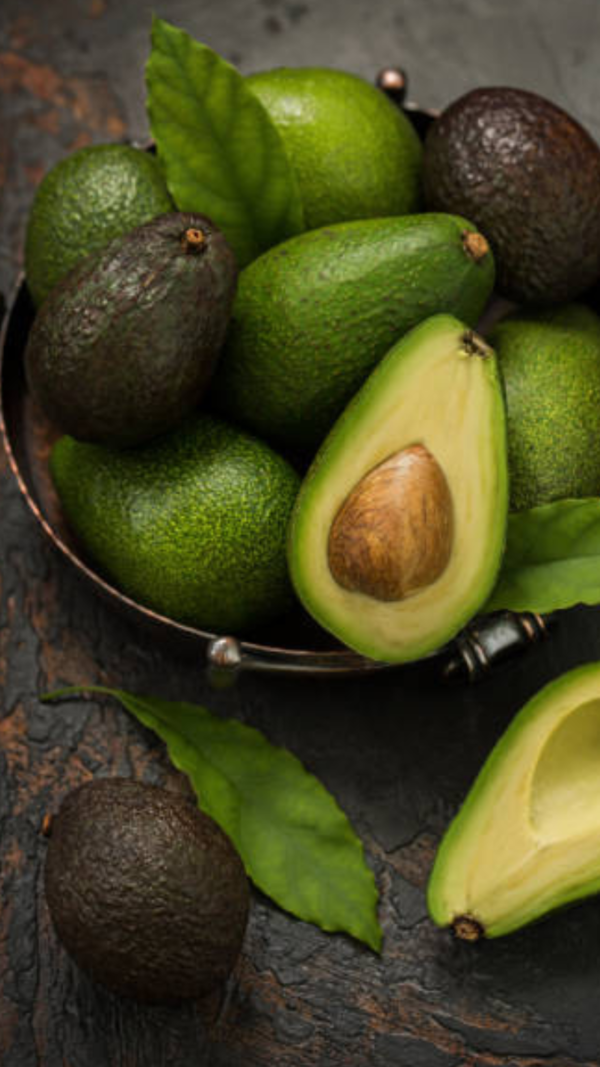- News
- lifestyle
- health-fitness
- health-news
- 10 after-dinner habits to speed up digestion
10 after-dinner habits to speed up digestion

10 after-dinner habits to speed up digestion
Good digestion plays a crucial role in promoting better sleep, sustained energy, and overall well-being. By adopting a few simple, mindful habits after dinner, you can significantly improve your digestive process. These habits help prevent bloating, discomfort, and sluggishness while supporting a healthier gut. Gentle activities, staying hydrated, eating light meals, and giving your body time to rest can all make a big difference. With consistent practice, these small changes can naturally boost your digestion and enhance overall health.

After-dinner habits to boost digestion
Good digestion after dinner is essential for a healthy body and peaceful sleep. Simple habits practiced after your evening meal can dramatically boost digestion, reduce bloating, and improve nutrient absorption. Instead of feeling sluggish or uncomfortable, you can feel light, energized, and ready for rest. Small changes like moving gently, drinking warm water, and sitting upright make a big difference. Here are 10 powerful after-dinner habits that will help your body digest food more easily and efficiently every night.

Wake a gentle walk
After finishing dinner, take a slow, relaxed walk for about 10–15 minutes. Gentle movement helps stimulate your stomach muscles, encouraging faster digestion without overworking your system. Walking also reduces bloating, helps regulate blood sugar levels, and supports healthier metabolism. It's not about speed or exercise intensity — even a stroll around your home or garden can have powerful effects. Plus, a calming walk under the evening sky can help clear your mind and prepare you for a restful night ahead.

Drink warm water
Instead of reaching for cold beverages, sip a glass of warm water after your meal. Warm water can soothe your digestive tract, break down food more efficiently, and encourage smoother movement through your intestines. It also helps in the easier absorption of nutrients. Unlike cold water, which can sometimes slow digestion by solidifying fats from the food you eat, warm water keeps everything flowing naturally. Add a squeeze of lemon if you want an extra cleansing boost for your digestive system.

Practice deep breathing
After dinner, spend five minutes practicing deep breathing exercises. Deep, slow breaths can relax your nervous system, ease stomach tension, and signal your body to focus on digestion rather than stress. Diaphragmatic breathing helps stimulate the vagus nerve, which plays a huge role in managing digestion. Simply inhale slowly through your nose for four counts, hold for four, and exhale gently through your mouth for six counts. This habit calms your body, making digestion more efficient and supporting overall gut health.

Sit upright
Resist the urge to lounge or lie down after eating. Instead, sit upright with good posture for at least 30 minutes. Sitting upright helps gravity naturally assist in the digestive process, allowing food to move smoothly through the stomach and intestines. Slouching or lying down too soon can cause acid reflux, bloating, and discomfort. A straight spine encourages better circulation and keeps pressure off your stomach. Bonus: you’ll also strengthen your back muscles and develop a more mindful connection to your body.

Avoid immediate sleep
As tempting as it is to sleep right after a hearty dinner, it's best to stay awake for at least two to three hours. Lying down immediately can slow digestion, lead to acid reflux, and disrupt your body's natural rhythms. Instead, stay lightly active — read a book, chat with family, or engage in a calming hobby. Giving your body time to process the meal properly not only improves digestion but also enhances the quality of your nighttime rest significantly.

Stretch lightly
Engage in a few light stretches to support your digestion after eating. Gentle yoga poses like the seated twist, cat-cow stretch, or child’s pose can stimulate blood flow to your stomach and intestines, easing digestion. Avoid heavy or intense stretching that strains your abdomen. The idea is to open up your torso and encourage a calm, slow movement of food through your digestive tract. Stretching also helps relax your muscles, reduce bloating, and calm your nervous system before bedtime.

Sip herbal tea
Sipping a cup of warm herbal tea after dinner can work wonders for digestion. Herbal blends like peppermint, ginger, chamomile, or fennel tea naturally soothe the stomach, relieve gas, and boost digestive juices. Choose caffeine-free varieties so they don't disturb your sleep. Herbal teas are gentle enough to help with minor indigestion or bloating while promoting relaxation. Taking time to slowly enjoy a warm cup of tea also creates a peaceful ritual, telling your body that it’s time to wind down.

Eat mindfully
Make it a habit to finish your meals with mindfulness. Chew your food thoroughly and avoid rushing through dinner. Eating slowly reduces the work your stomach has to do and allows enzymes in your saliva to begin digestion properly. After eating, reflect for a moment on how you feel. Are you comfortably full? Are you satisfied? Mindful eating improves digestion by keeping you tuned into your body’s natural signals, helping prevent overeating, bloating, and other digestive discomforts later on.

Eat well, Sleep well!
Small adjustments to your diet can result in huge advancements in your night's sleep and day's energy.
Adopt these healthy habits tonight for a better, more energised tomorrow.








